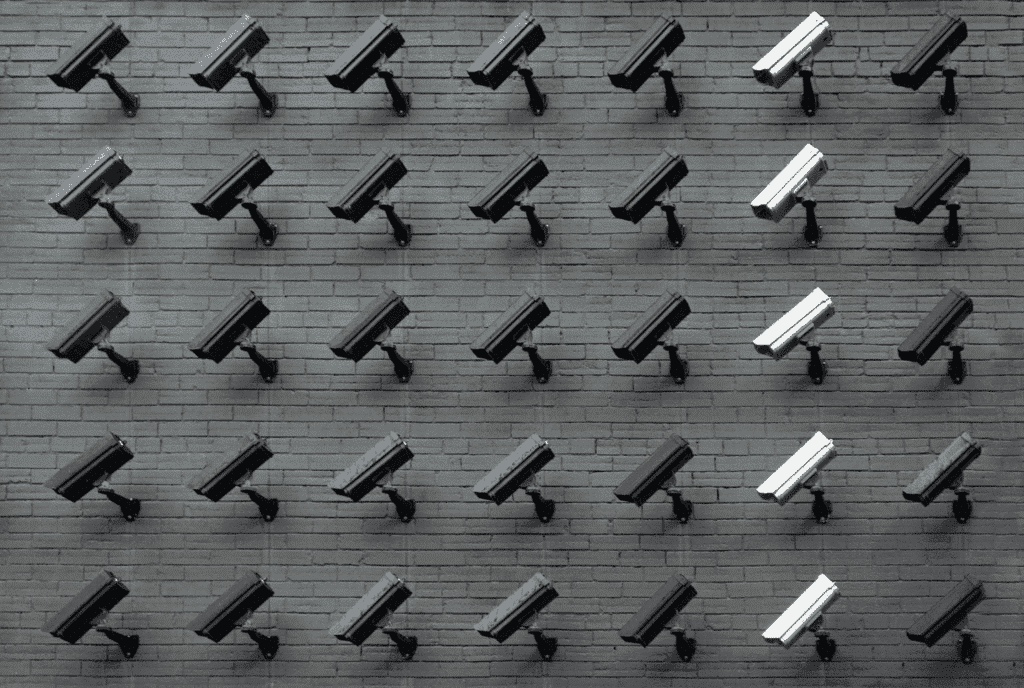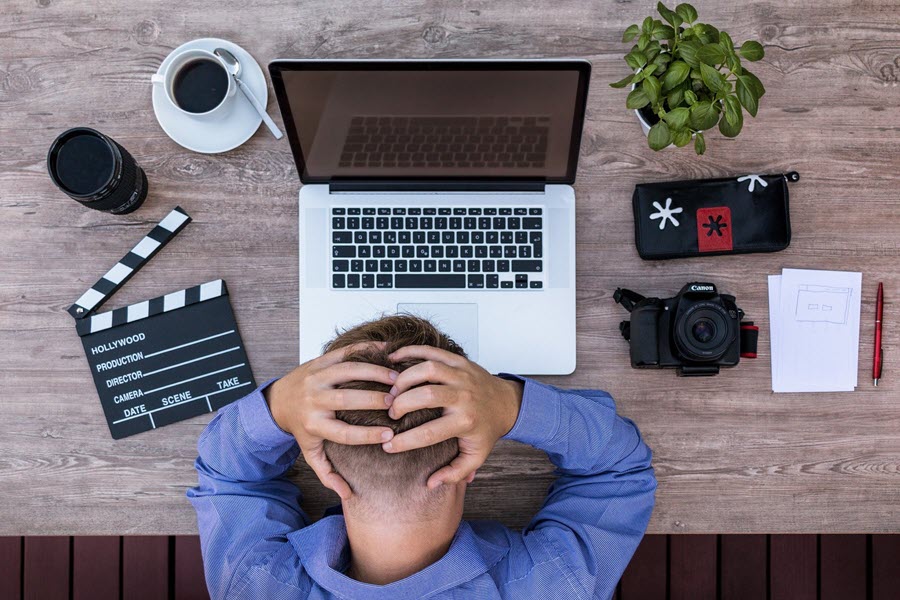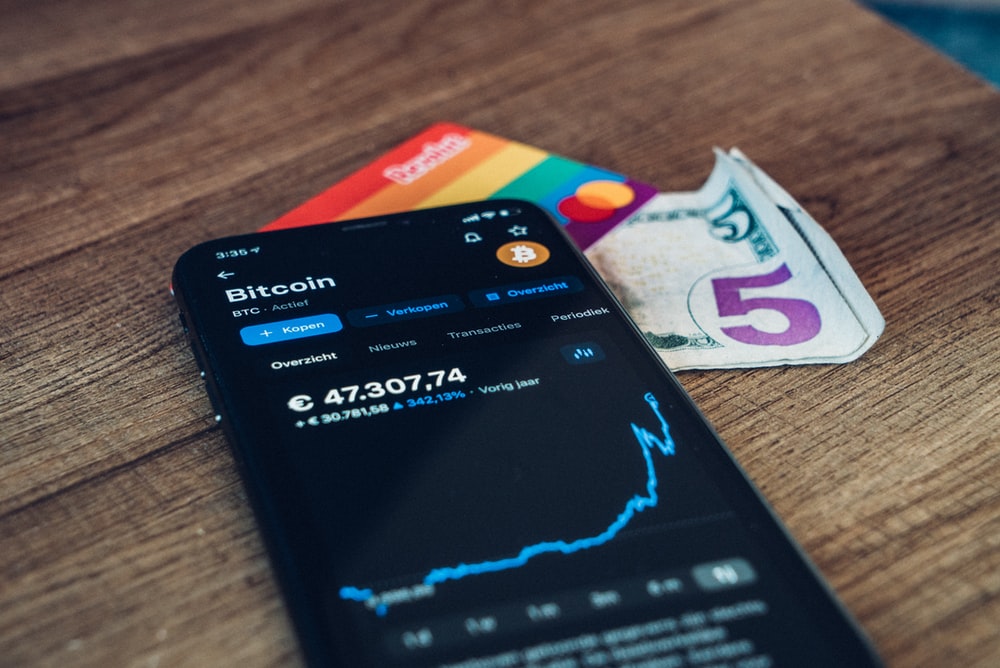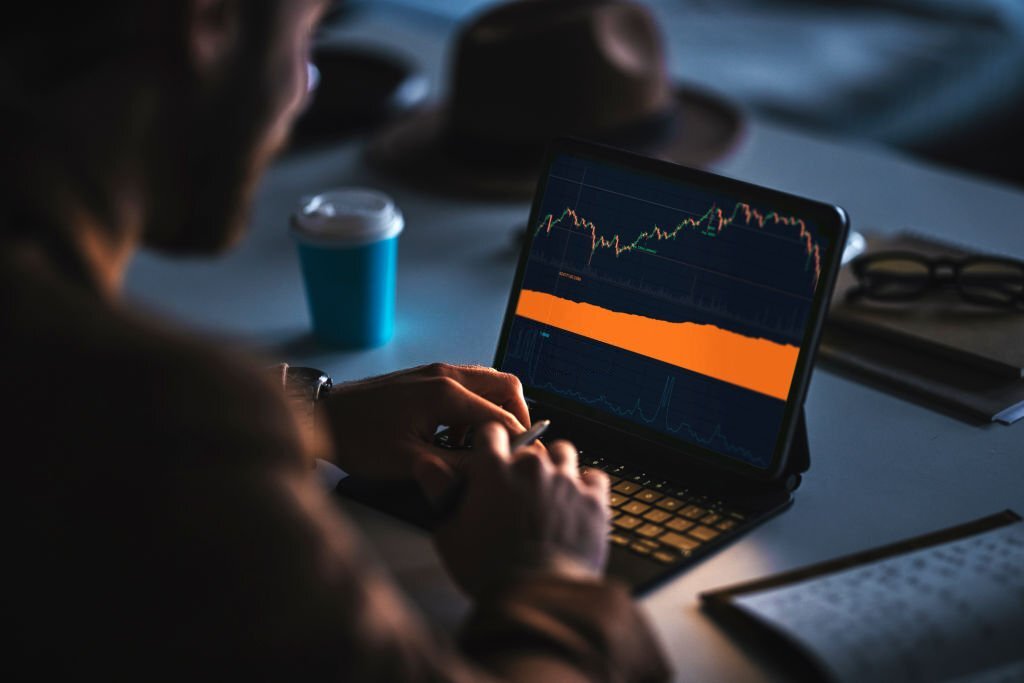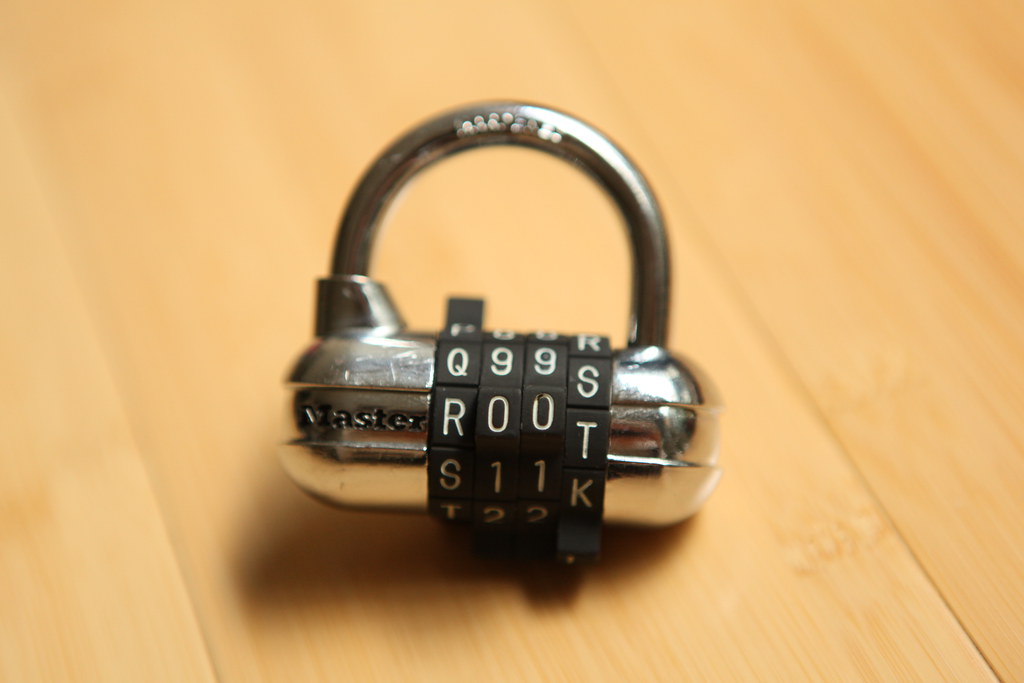If you’ve ever been in a situation where you were using your device and instinctively felt you were being spied on, you might not be paranoid.
New data has come to light that shows the CIA performs several hacks on smart devices all over the world to spy on our activities.
These device breaches are not limited to US citizens alone; the information shows information being pulled from other nationals.
Instances where the Government Spied on Us
However, this isn’t that first-time massive spying has been revealed. In 2013, Edward Snowden released high-level documents that proved massive surveillance of the world by the CIA. Snowden had to escape to Russia where he still lives to this day.
The Former Director of Nation Intelligence in the US, James Clapper, has also stated that smart devices are making it easier for intelligence agencies to spy on people.
Typical home devices like smartphones, thermostats, cameras, and even smart refrigerators are increasingly utilized to record videos and voice conversations.
If you feel uncomfortable with the way communications are being breached by government officials, you can take steps to secure your data from them.
This way your data won’t be used by corporations, advertising agencies and the government to track your daily activities.
How do you Restrict your Data from Falling into the Government’s Hands?
1. Use Encrypted Messaging Applications
One of the major ways to prevent your data from falling into the hands of the government is to use very secure messaging applications for your conversations.
One of the best services for this is Signal, which is a free messaging application. Signal offers free voice calls, video calls, and instant messaging.
Signal does not store sensitive data of its users. In fact, when subpoenaed in 2016, Signal was only able to provide vague details such as the time of account creation and recent login data to the government.
If you want to use a secure messaging application popular among your friends and relatives, you can go for iMessage.
The Apple messaging app provides end-to-end encryption for users. It, however, has two major disadvantages.
First, it is limited only to iOS users. Second, the messaging application stores conversation data for 30 days.
This means a law enforcement agency with a warrant could get your most recent data dating back to more than 4 weeks.
2. Utilize a VPN
VPN stands for Virtual Private Network. It works by acting as a protective barrier between your device and your internet service provider (ISP).
Thus, if the government subpoenas your ISP, the firm would have little or no information to give to them.
A secure VPN also hides your location and is excellent at providing anonymity for you. When you connect to a VPN’s server in another location, your IP address would show up as that of the VPN server, masking your personal information.
VPNs also provide pros such as accessing geo-restricted data.
3. Tape your Webcams
If your PC has a webcam, you’d best block it with a tape. This is because the government can hack your device and remotely activate your webcam.
Edward Snowden was observed to do the same in a documentary. In a live video, Mark Zuckerberg was also observed to have taped his webcam.
Devices like the HP Spectre x360 13 have, however, developed a kill switch to deactivate webcam on a PC.
4. Use Social Media Wisely
Your social media can reveal a lot about you to several individuals and corporations. Posting photos that clearly show your location and personal details help in breaching your privacy.
Maybe you don’t know, when you snap a picture, the picture always contains some meta data’s like time, phone type, location and day, which anybody can view using the EXIF metadata extractor.
So to start with, you can always switch to a privacy-oriented browser like Tor Browser.
You can also start using search engines that don’t track users like DuckDuckGo instead of Google.
Conclusion
The government seeks to record our daily activities in a bid to use them against us when the situation arises.
Several events have proven that we are all under mass surveillance.
However, you can opt to be one of the few the government cannot spy on.
You can start by using a VPN, encrypted messaging applications, and protecting your devices to prevent this massive privacy breach.
If this post seems helpful to you, you can get more by subscribing to our newsletter🥺, and don’t forget to share ✌️.

